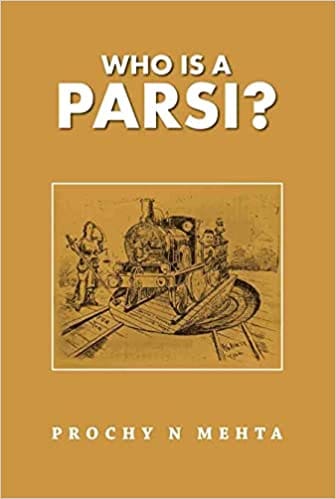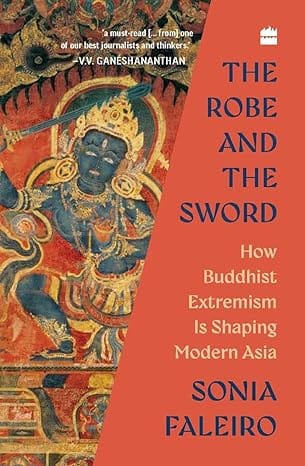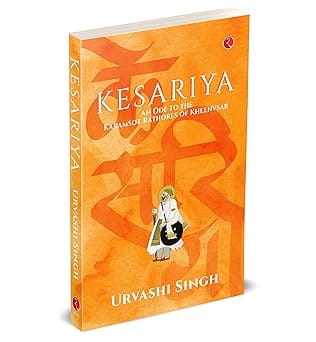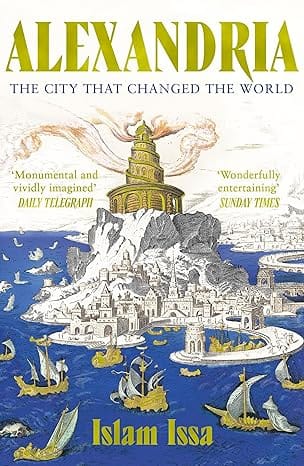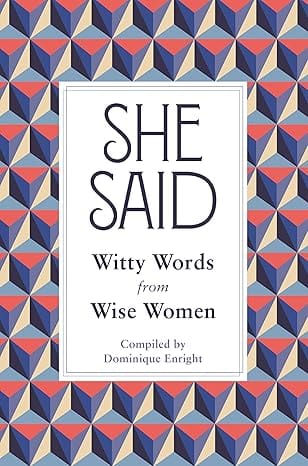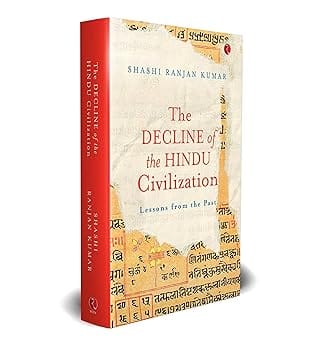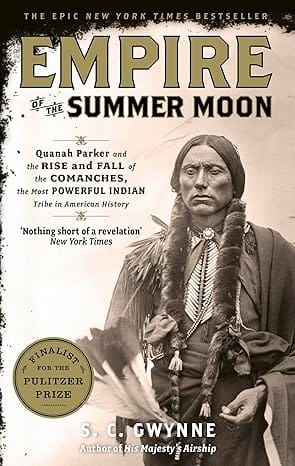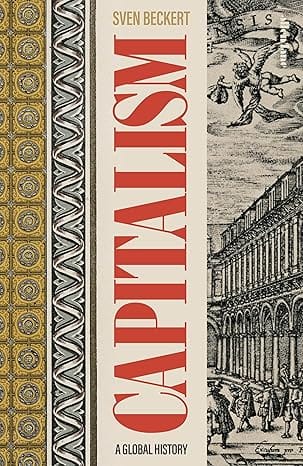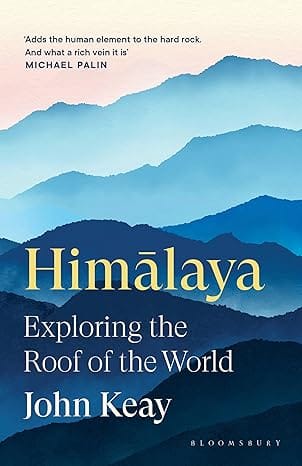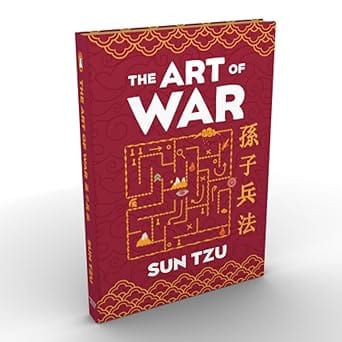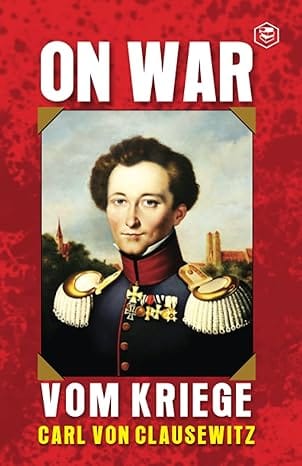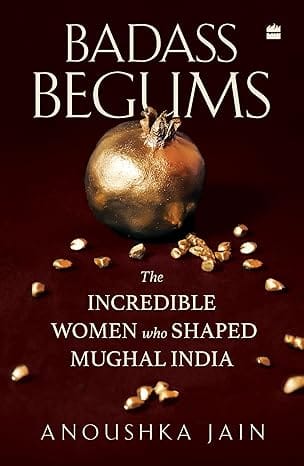WELCOME TO MIDLAND BOOK SHOP!
SHOP FOR
- Non-ficton
- Non-ficton
- Contemporary Fiction
- Contemporary Fiction
- Children
- Children
- Comics & Graphic Novels
- Comics & Graphic Novels
- Non-Fiction
- Non-Fiction
- Fiction
- Fiction
Shop No.20, Aurobindo Palace Market, Hauz Khas, Near Church +91 9818282497 | 011 26867121 110016 New Delhi IN
Midland The Book Shop ™
Shop No.20, Aurobindo Palace Market, Hauz Khas, Near Church +91 9818282497 | 011 26867121 New Delhi, IN
+919871604786 https://www.midlandbookshop.com/s/607fe93d7eafcac1f2c73ea4/69453da445ba84d539b38f9a/black-yellow-simple-bold-youtube-channel-logo-400-x-100-px-1--480x480.png" [email protected]9789391125776 62723f14f30a1a131b6c855f Who is a Parsi? https://www.midlandbookshop.com/s/607fe93d7eafcac1f2c73ea4/62723f16f30a1a131b6c85a6/416wlufuebl-_sx334_bo1-204-203-200_.jpg
The author takes the reader through a detailed analysis of the court cases and seeks to reveal through transcripts, the true picture of the community. She unveils the history of an ancient Persian trading community, the ‘Persees’ or ‘Persians’, familiar with the sea route to India from before 500 BCE, living as a tribe among the Hindus, and narrates how they rediscovered their religion and their ancient connect with Persia — how, in the 19th Century, they read their recently translated holy book, Gathas, and understood that they were the followers of Ahura Mazda, the one God, who preached a religion for all mankind. The epiphanic realization dawned upon them that the greatest ‘meritorious act’ performed by a follower of Ahura Mazda was to bring an alien into the faith.
The author depicts the dichotomy of the community in the 20th Century, between the orthodox and the reformist groups and explains the anomaly of how the reformists who followed the original Mazdayasna or Parsi religion, constituted the real Orthodoxy. It was a reform movement led by the high priests of the community and the most influential members of society, for a return to the pristine purity of the original Zoroastrian Religion. This book documents, through letters, articles in the newspapers, and transcripts from court cases, the views of those brave men, Dadabhoy Navroji, Ratan D. Tata, Ratan J. Tata, Sir Dinshaw Maneckji Petit, Sir Jehangir Cawasjee Jehangir, Rustumji Byramji Jeejeebhoy, Homi J Bhabha, K R Cama, and many others who had the courage to stand up and fight for what they believed in, that Parsi and Zoroastrian meant the same thing. This book too uses the two terms Parsis and Zoroastrians synonymously. As warranted by the detailed final judgment of the Bombay High Court in the contested case of Irani vs. Irani (1960): Chapter 24.
And finally: Lewis Carroll – author of
Alice in Wonderland
– tells us: ‘what a comfort a dictionary is’1: since it is that which gives us a list of words of a language in alphabetical order and explains what they mean. The (authoritative) Shorter Oxford English Dictionary explains what the word ‘Parsee’ (so spelt) means: ‘one of the descendants (i.e., “one who is descended from an ancestor or an issue in any degree”) of those Persians who fled to India in the 7th and 8th centuries to escape Moslem persecution and who still retain their religion (ZORASTRIANISM)’. The Shorter Oxford, be it noted, does not confine the definition to patrilineal descent alone. 9789391125776
The author takes the reader through a detailed analysis of the court cases and seeks to reveal through transcripts, the true picture of the community. She unveils the history of an ancient Persian trading community, the ‘Persees’ or ‘Persians’, familiar with the sea route to India from before 500 BCE, living as a tribe among the Hindus, and narrates how they rediscovered their religion and their ancient connect with Persia — how, in the 19th Century, they read their recently translated holy book, Gathas, and understood that they were the followers of Ahura Mazda, the one God, who preached a religion for all mankind. The epiphanic realization dawned upon them that the greatest ‘meritorious act’ performed by a follower of Ahura Mazda was to bring an alien into the faith.
The author depicts the dichotomy of the community in the 20th Century, between the orthodox and the reformist groups and explains the anomaly of how the reformists who followed the original Mazdayasna or Parsi religion, constituted the real Orthodoxy. It was a reform movement led by the high priests of the community and the most influential members of society, for a return to the pristine purity of the original Zoroastrian Religion. This book documents, through letters, articles in the newspapers, and transcripts from court cases, the views of those brave men, Dadabhoy Navroji, Ratan D. Tata, Ratan J. Tata, Sir Dinshaw Maneckji Petit, Sir Jehangir Cawasjee Jehangir, Rustumji Byramji Jeejeebhoy, Homi J Bhabha, K R Cama, and many others who had the courage to stand up and fight for what they believed in, that Parsi and Zoroastrian meant the same thing. This book too uses the two terms Parsis and Zoroastrians synonymously. As warranted by the detailed final judgment of the Bombay High Court in the contested case of Irani vs. Irani (1960): Chapter 24.
And finally: Lewis Carroll – author of
Alice in Wonderland
– tells us: ‘what a comfort a dictionary is’1: since it is that which gives us a list of words of a language in alphabetical order and explains what they mean. The (authoritative) Shorter Oxford English Dictionary explains what the word ‘Parsee’ (so spelt) means: ‘one of the descendants (i.e., “one who is descended from an ancestor or an issue in any degree”) of those Persians who fled to India in the 7th and 8th centuries to escape Moslem persecution and who still retain their religion (ZORASTRIANISM)’. The Shorter Oxford, be it noted, does not confine the definition to patrilineal descent alone.
About the Author
Prochy Mehta is a daughter, wife, mother, grandmother, school leader and topper, and a highly successful sportsperson. She represented West Bengal in hockey and basketball, and India in Masters Athletics. She has won 71 medals at international athletic meets including 52 gold medals. She is the Asian Record holder in the 400 metres and in the Triple Jump in the Women’s 40+ age group. A recipient of the Ladies Study Group Award for contribution to the field of sport and the Federation of Parsi Anjuman of India Award for Sports, Mehta is also the President of the Athletic Coaches Association of Bengal. She is the first female President of the Calcutta Parsee Club. Her father, the late Rusi B. Gimi, an eminent social worker of Calcutta, was a pioneer in outdoor advertising in India. His company Selvel, started in 1945, is now synonymous with Out of Home (OOH) advertising. Mehta is actively involved in the business and is a director in several of the companies.
out of stock INR 636
1 1
Email ID already exists!
Your Current password is incorrect
Password Updated Successfully
Thanks for your Feedback
Who is a Parsi?
ISBN: 9789391125776
₹636
₹795 (20% OFF)SIZE GUIDE
Back In Stock Shortly - Fill The Book Request Form
Sold By: Hauz Khas - Aurobindo Market
Details
- ISBN: 9789391125776
- Author: Prochy N Mehta
- Publisher: Niyogi Books Pvt. Ltd
- Pages: 488
- Format: Hardback
Book Description
The author takes the reader through a detailed analysis of the court cases and seeks to reveal through transcripts, the true picture of the community. She unveils the history of an ancient Persian trading community, the ‘Persees’ or ‘Persians’, familiar with the sea route to India from before 500 BCE, living as a tribe among the Hindus, and narrates how they rediscovered their religion and their ancient connect with Persia — how, in the 19th Century, they read their recently translated holy book, Gathas, and understood that they were the followers of Ahura Mazda, the one God, who preached a religion for all mankind. The epiphanic realization dawned upon them that the greatest ‘meritorious act’ performed by a follower of Ahura Mazda was to bring an alien into the faith.
The author depicts the dichotomy of the community in the 20th Century, between the orthodox and the reformist groups and explains the anomaly of how the reformists who followed the original Mazdayasna or Parsi religion, constituted the real Orthodoxy. It was a reform movement led by the high priests of the community and the most influential members of society, for a return to the pristine purity of the original Zoroastrian Religion. This book documents, through letters, articles in the newspapers, and transcripts from court cases, the views of those brave men, Dadabhoy Navroji, Ratan D. Tata, Ratan J. Tata, Sir Dinshaw Maneckji Petit, Sir Jehangir Cawasjee Jehangir, Rustumji Byramji Jeejeebhoy, Homi J Bhabha, K R Cama, and many others who had the courage to stand up and fight for what they believed in, that Parsi and Zoroastrian meant the same thing. This book too uses the two terms Parsis and Zoroastrians synonymously. As warranted by the detailed final judgment of the Bombay High Court in the contested case of Irani vs. Irani (1960): Chapter 24.
And finally: Lewis Carroll – author of
Alice in Wonderland
– tells us: ‘what a comfort a dictionary is’1: since it is that which gives us a list of words of a language in alphabetical order and explains what they mean. The (authoritative) Shorter Oxford English Dictionary explains what the word ‘Parsee’ (so spelt) means: ‘one of the descendants (i.e., “one who is descended from an ancestor or an issue in any degree”) of those Persians who fled to India in the 7th and 8th centuries to escape Moslem persecution and who still retain their religion (ZORASTRIANISM)’. The Shorter Oxford, be it noted, does not confine the definition to patrilineal descent alone.
About the Author
Prochy Mehta is a daughter, wife, mother, grandmother, school leader and topper, and a highly successful sportsperson. She represented West Bengal in hockey and basketball, and India in Masters Athletics. She has won 71 medals at international athletic meets including 52 gold medals. She is the Asian Record holder in the 400 metres and in the Triple Jump in the Women’s 40+ age group. A recipient of the Ladies Study Group Award for contribution to the field of sport and the Federation of Parsi Anjuman of India Award for Sports, Mehta is also the President of the Athletic Coaches Association of Bengal. She is the first female President of the Calcutta Parsee Club. Her father, the late Rusi B. Gimi, an eminent social worker of Calcutta, was a pioneer in outdoor advertising in India. His company Selvel, started in 1945, is now synonymous with Out of Home (OOH) advertising. Mehta is actively involved in the business and is a director in several of the companies.
User reviews
NEWSLETTER
Subscribe to get Email Updates!
Thanks for subscribing.
Your response has been recorded.

India's Iconic & Independent Book Store offering a vast selection of books across a variety of genres Since 1978.
"We Believe In The Power of Books" Our mission is to make books accessible to everyone, and to cultivate a culture of reading and learning. We strive to provide a wide range of books, from classic literature, sci-fi and fantasy, to graphic novels, biographies and self-help books, so that everyone can find something to read.
Whether you’re looking for your next great read, a gift for someone special, or just browsing, Midland is here to make your book-buying experience easy and enjoyable.
We are shipping pan India and across the world.
For Bulk Order / Corporate Gifting
 +91 9818282497 |
+91 9818282497 |  [email protected]
[email protected]
Click To Know More
INFORMATION
QUICK LINKS
ADDRESS
Midland Book Shop - Hauz Khas
Shop No.20, Aurobindo Palace Market, Near Church, New Delhi
Shop No.20, Aurobindo Palace Market, Near Church, New Delhi

